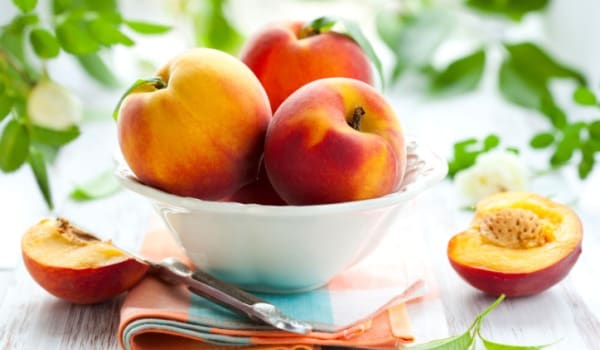Acid reflux, also known as heart burn, is a chronic condition in which acid or bile flows from the food pipe into the stomach, irritating its inner lining. It is a long-term disease which causes a burning sensation in the lower chest region due to the flow of the acid back up the food pipe. It results in an acid-like taste in the mouth, vomiting, chest pain, breathing problems and the wearing out of teeth. The lower esophageal sphincter, a ring of muscles near the stomach valve, usually closes as soon as food passes through it. But if it doesn't close immediately or opens frequently, the acid produced in the stomach moves up the oesophagus. This leads to acid reflux or gastroesophageal reflux disease (GERD).
According to Dr. Divya Choudhary, Chief Dietitian, Max Super Speciality Hospital, “The first and foremost cause of acid reflux is stress. The working culture in metro cities demands a certain level of multi-tasking which most often leads to increase in stress levels and the phenomenon is growing by the day. Eating large and heavy meals at irregular intervals also causes acid reflux. Our work schedules and urban lifestyle keep us away from food for longer than usual durations and when we eat, we end up consuming more than necessary. We should ideally have small meals at regular intervals as larger portions consumed at irregular intervals increase the level of stomach acid. Consumption of acidic and spicy food also contribute to acid reflux."
Several studies have proved that obesity also leads to acid reflux. People who tend to have weight issues, could also be at the risk of having acid reflux. Excessive consumption of beverages like coffee, tea, alcohol and carbonated drinks increase the problems of acid reflux.

Acid reflux may get triggered in different people by different foods and drinks. The cause is often attributed to an individual's lifestyle but might also be a result of hiatal (or hiatus) hernia. In this condition there is a hole in the diaphragm which allows the upper part of the stomach enter the chest cavity, this leads to GERD. The reflux may also be caused by pregnancy as the internal organs suffer from extra pressure. Alcohol, caffeine, low dietary fibre intake, smoking, lack of exercise and high intake of table salt, are a few of the other reasons for acid reflux.
According to Dr Rommel Tickoo, Consultant, Internal Medicine, Max Super Speciality Hospital, Saket, “Acid reflux can be done away with by avoiding spicy/ citrus foods and picking items that help neutralise the excess acid instead. Go for smaller meals because large meals fill the stomach and put pressure on the intra-abdominal segment (LES), making reflux and GERD more likely. One has to keep a check on weight since extra stomach fat places pressure on the abdomen, thereby pushing gastric juices up into the esophagus.”
Here are a few fruits which can help reduce the effects of acid reflux:
1. Banana
Yellow bananas are a source of potassium, fibre, vitamin C, antioxidants and phytonutrients. The fibres in bananas improve the digestion and reduce the reflux.
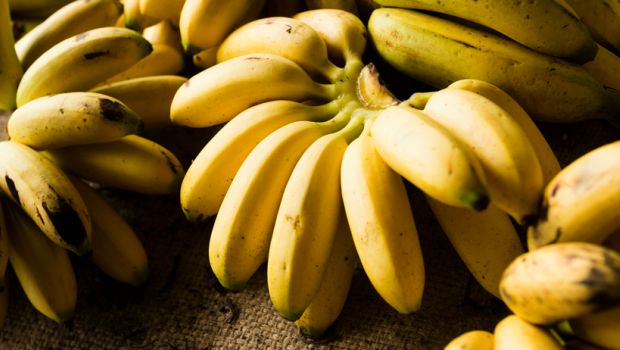
2. Papaya
This sweet, tropical fruit provides several health benefits. It is known to fight against heart diseases, diabetes, cancer, bone health and asthma. It contains vitamin K, beta-carotene, calcium and is a rich source of vitamin A too. Papayas contain enzymes called papain that helps improve digestion and reduces heart burn.
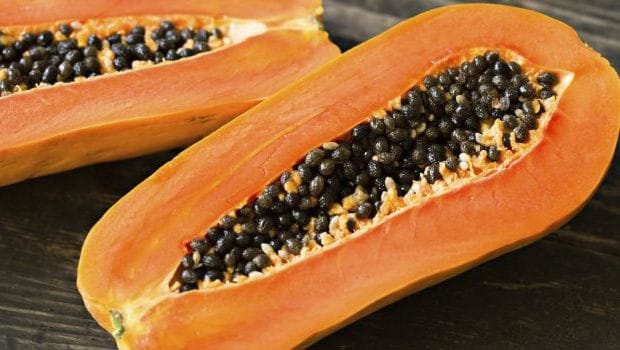
3. Watermelon
This popular fruit is high on antioxidants, vitamin C, vitamin A and amino acids. Due to its high water content, it helps in digestion and keeping the body hydrated. It neutralises the acid in the stomach, reducing the reflux.
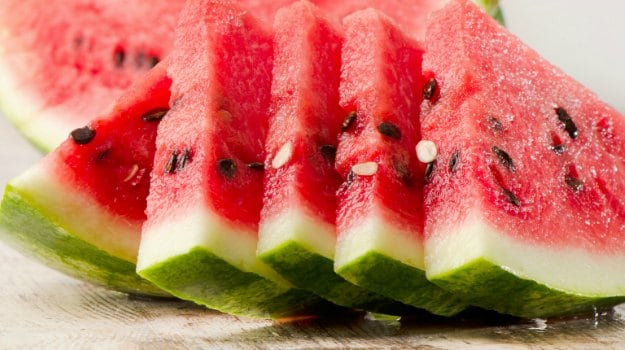
4. Fig
Figs contain natural sugars, minerals, potassium, calcium and iron. Its fibre content helps in bowel movement and indigestion. Constipation is also known to be prevented by the consumption of figs.
5. Apples
This member of the rose family contains vitamins A, C, D, B-16 and B-12. Calcium, iron and magnesium are also found in apples. It promotes healthy digestion and regular bowel movement. It reduces the acid and soothes the stomach.
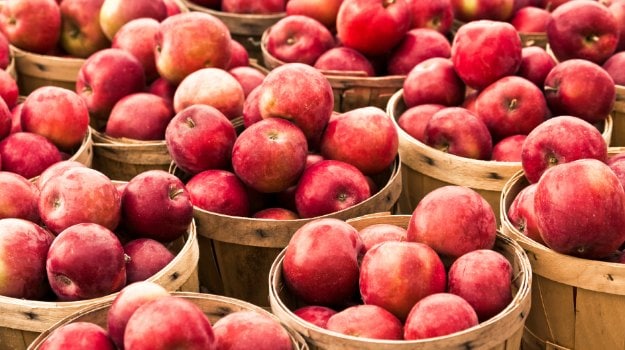
6. Peaches
This fuzzy little fruit belongs to the stone family which indicates the it has one large middle seed. It consists of calcium, iron, magnesium, vitamins A, B6, B12 and C. It is known to be very helpful while tackling diabetes, skin problems, colorectal cancer, etc. It is low in acid content and good for sufferers of acid reflux.
